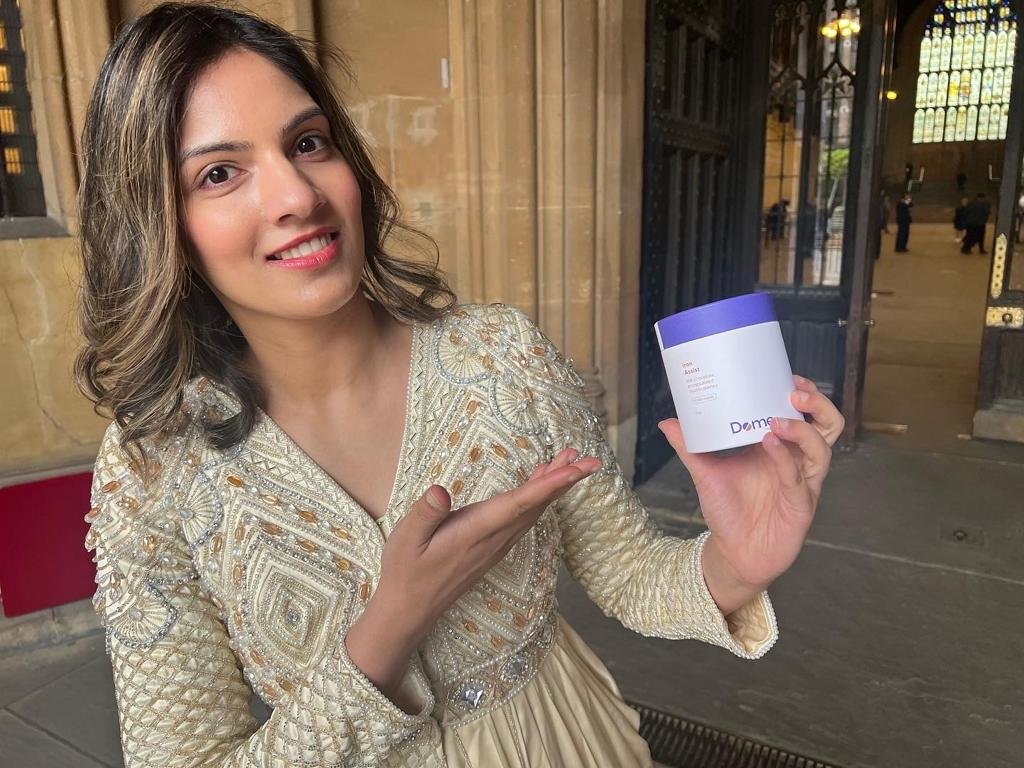An Expert Guide To Iron Deficiency
Iron deficiency is the world’s biggest nutritional deficiency. Women are more prone to iron deficiency than men due to factors such as pregnancy, menstrual bleeding, breastfeeding and menopause. 20% of women in the UK are suffering from iron deficiency that may also be undetected.
How do you know if you are iron deficient?
Feeling fatigued and run down despite getting enough rest
Light-headedness, especially when you get up after a lying down or sitting position
Feeling dizzy, short of breath and a racing heart beat
Cold hands and feet
Brittle nails, pale face
Unexplained bruising
What to do if you suffer from any symptoms above?
If you suffer from any of those symptoms above then it would be worth seeking advice from your medical practitioner. They may decide to refer you for a blood test and check your ferritin levels, which should be between 30-307 ng/mL for an adult female. Ferritin levels define your body’s stored iron that could be released into the bloodstream. Serum ferritin levels is the most sensitive and specific test to determine iron deficiency as per the NICE guidelines.
Iron deficiency and pregnancy
If you are pregnant, your blood volume increases by about 60%, which means your iron requirements increase in line with this. Iron is vital to make blood and transport essential nutrients to your organs and your baby. Iron deficiency could increase risk of preterm birth. Iron deficiency could also cause low birth weight of the baby. Postpartum depression may also be triggered by iron deficiency. It also increases the risk of infant death and still birth. Due to these reasons, iron deficiency must be treated during pregnancy. Often a diet rich in iron is sufficient, however, it may be worth topping up iron with an effective supplement.
Iron supplementation:
Iron deficiency is fairly common in pregnancy, and thankfully correcting mild iron deficiency is not challenging. Iron supplements can cause some uncomfortable side effects such as constipation or diarrhoea, nausea and vomiting, bloating and coloured stools. Many women are unable to comply to taking iron supplements due to their plethora of side effects that they find hard to stomach. If you are one of them, then put your worries aside.
Dome Vitamins are the UK’s first supplement brand to incorporate microencapsulated iron with luxury chocolate. The pregnancy and prenatal Domes contain iron and all other essential nutrients to support a healthy pregnancy. Their vitamins are clinically approved to be effective and kind to the stomach. These are backed by doctors and pharmacists and are 100% morning sickness friendly and free of side effects.
Why Microencapsulated iron:
Microencapsulation is a layer of seaweed surrounding iron. This layer prevents irritation of the stomach and comes off in the intestine where iron is released into the blood stream. Microencapsulation also masks the metallic taste of iron that often puts patients off. Each dome just tastes of chocolate despite being power packed with the pregnancy essentials including a dose of 17 mg of iron.
Beyond pregnancy:
Taking a suitable iron supplement beyond pregnancy would help with post partum recovery. Iron and Vitamin D supplementation is also helpful for breastfeeding mothers for stronger immunity and bone health. Both nutrients also help stabilise mood and reduce the risk of postpartum depression. What could be a better way of supplementing than taking all your essentials in a chocolate dome! Let us know your thoughts…
References:
NHS guidelines
By Tanya Shukla


